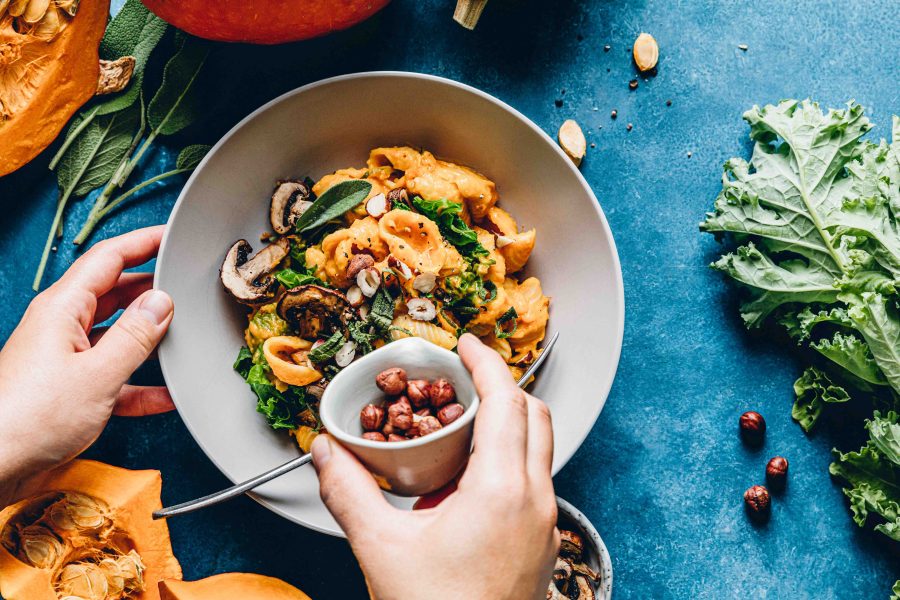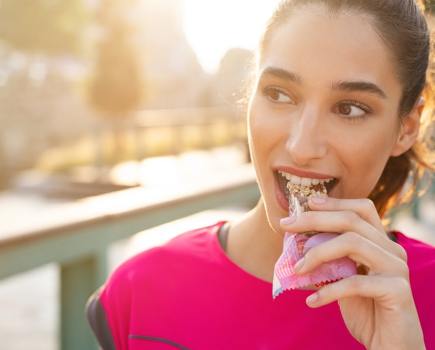Will a vegan diet support your nutritional needs? Top nutritionists Daisy York and Darcy Lawler reveal how a vegan diet can fuel an active lifestyle, and which food sources you should be eating to ensure you’re getting the essential nutrients you need…
When giving up meat and dairy, you might wonder what you’re missing out on. Ensuring adequate protein intake is a concern but, according to the Dietary Reference Intake report for macronutrients, adults should consume 0.8g of protein per kilogram of body weight – protein intake in the UK tends to exceed this amount.
Protein needs vary depending on activity level, muscle mass, pregnancy and overall health, but you can get enough from plant sources. Giving up animal foods can also make it more difficult to obtain vitamin D, omega-3 fatty acids, vitamin B12, calcium, iron and zinc.
So, how do you ensure you’re fuelling your body with the essential nutrients it needs? Try swapping to these seven vegan food sources to top up your nutrients…
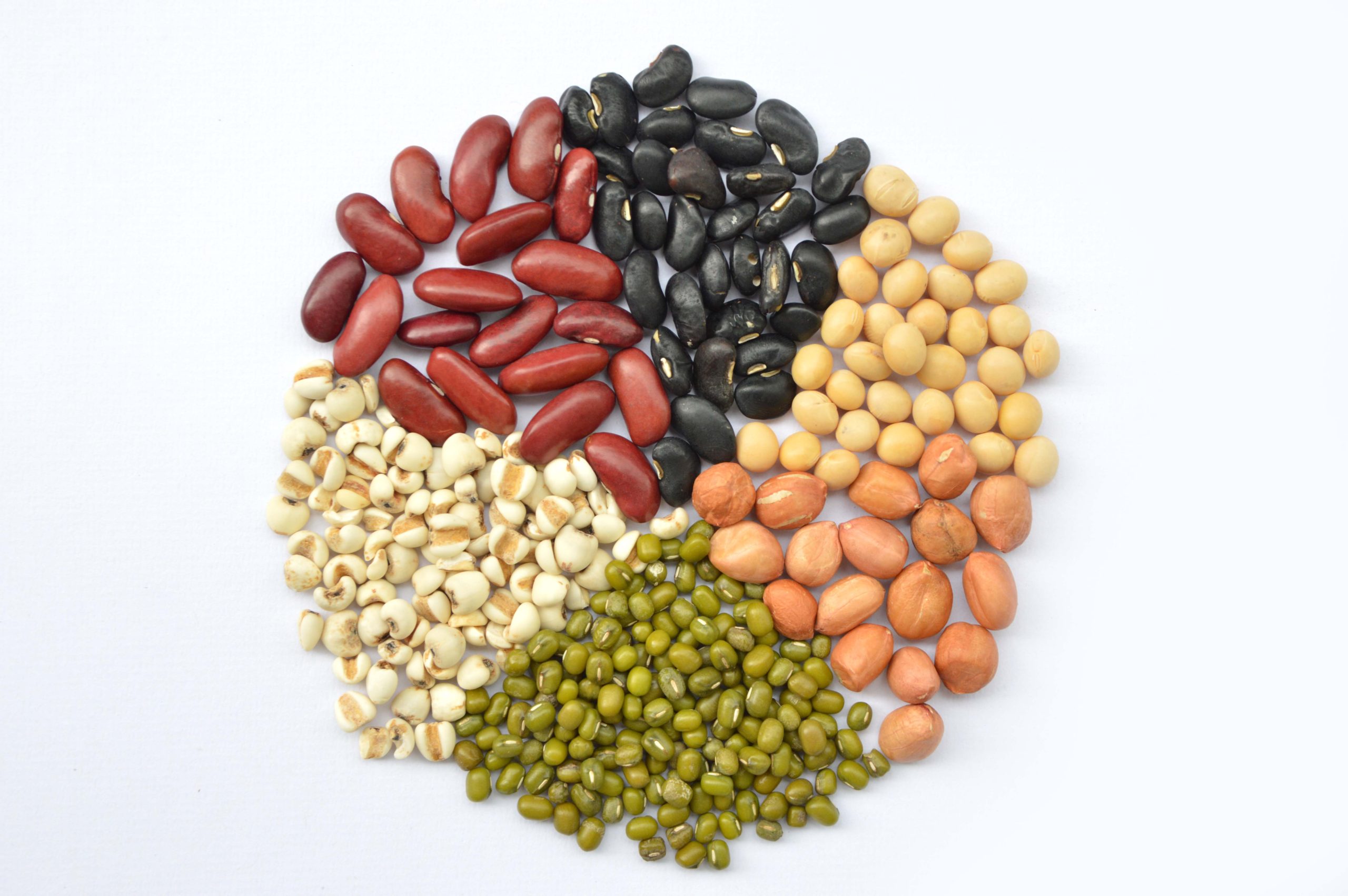
1. Beans and pulses
Beans and pulses are versatile, protein-packed powerhouses. The recommended (200g) serving of lentils will provide around 18g of protein, versus 25g from a small 100g steak.
However, lentils come with calcium, iron and fibre. Other beans and pulses (such as broad beans, split peas, chickpeas and kidney beans) will provide a similar nutritional profile, so do experiment.
Edamame is the only bean that provides a complete protein. Swapping wheat-based crackers, pastas and flours for chickpea or lentil-based alternatives is another easy way to upgrade the nutrient content of foods.
Swap tip! Stock up on cans of beans and pre-cooked packets of lentils. Lentils are a good substitute for mince in recipes like meatballs and Bolognese. Keep a bag of frozen edamame in the freezer and add to stir-fries or stews. Roasted chickpeas are a delicious snacking option and add crunch to salads and soups.
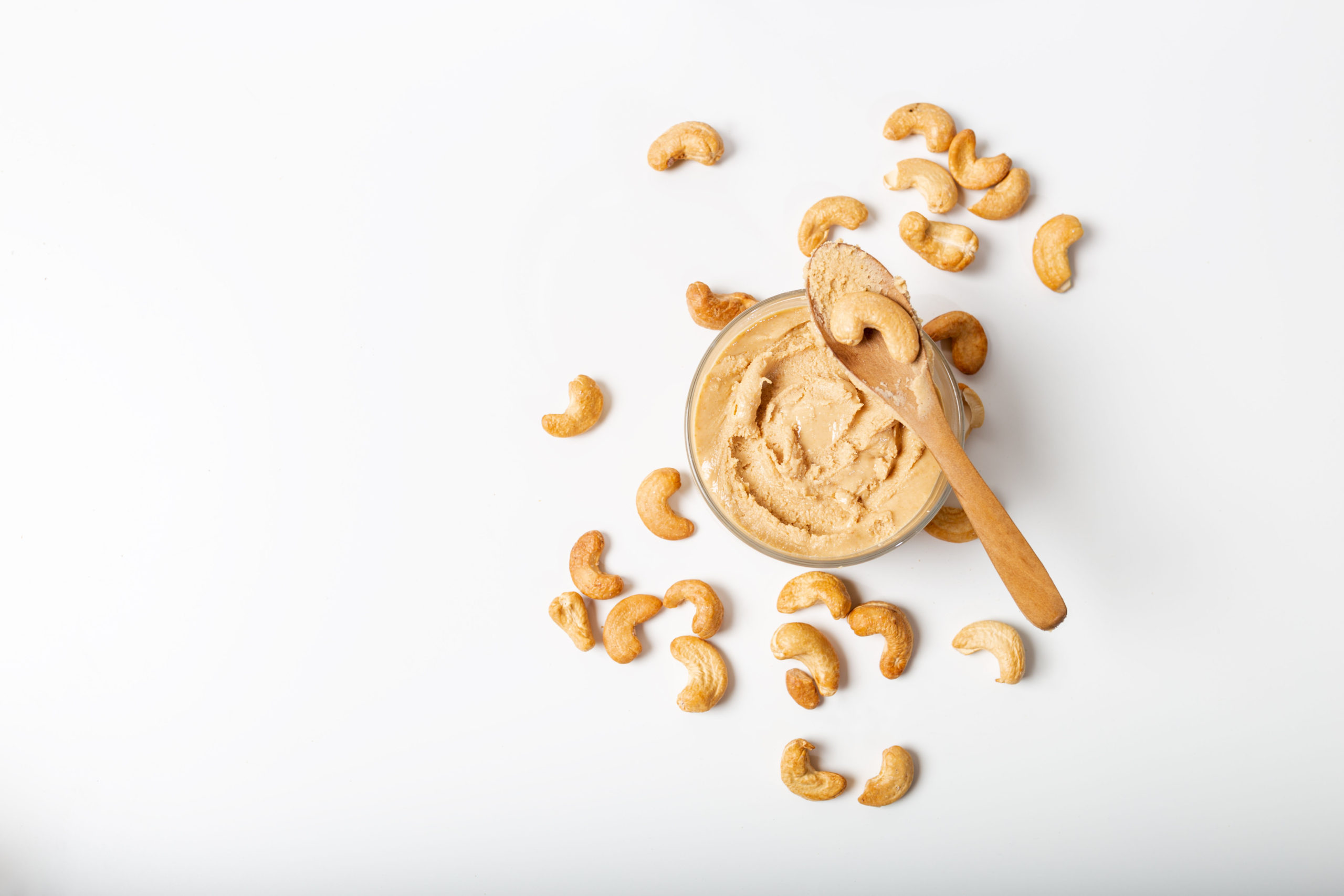
2. Nuts and nut butters
As well as being a valuable source of plant protein, nuts (particularly walnuts) are a good source of omega-3 fatty acids. Dietary sources of these fatty acids are important for vegans who can’t get them from animal sources.
They’re shown to have an anti-inflammatory effect and support brain health. The energy density of nuts has led many to think of them as ‘fattening’ but research shows that the opposite may be true. Aim for 28g servings, or a palmful of nuts as a mid-afternoon snack.
Swap tip! Sprinkle chopped nuts onto soup, salads, vegetables and porridge. Experiment with nut cheeses and nut creams (such as cashew cream) as replacements for dairy-based sauces.
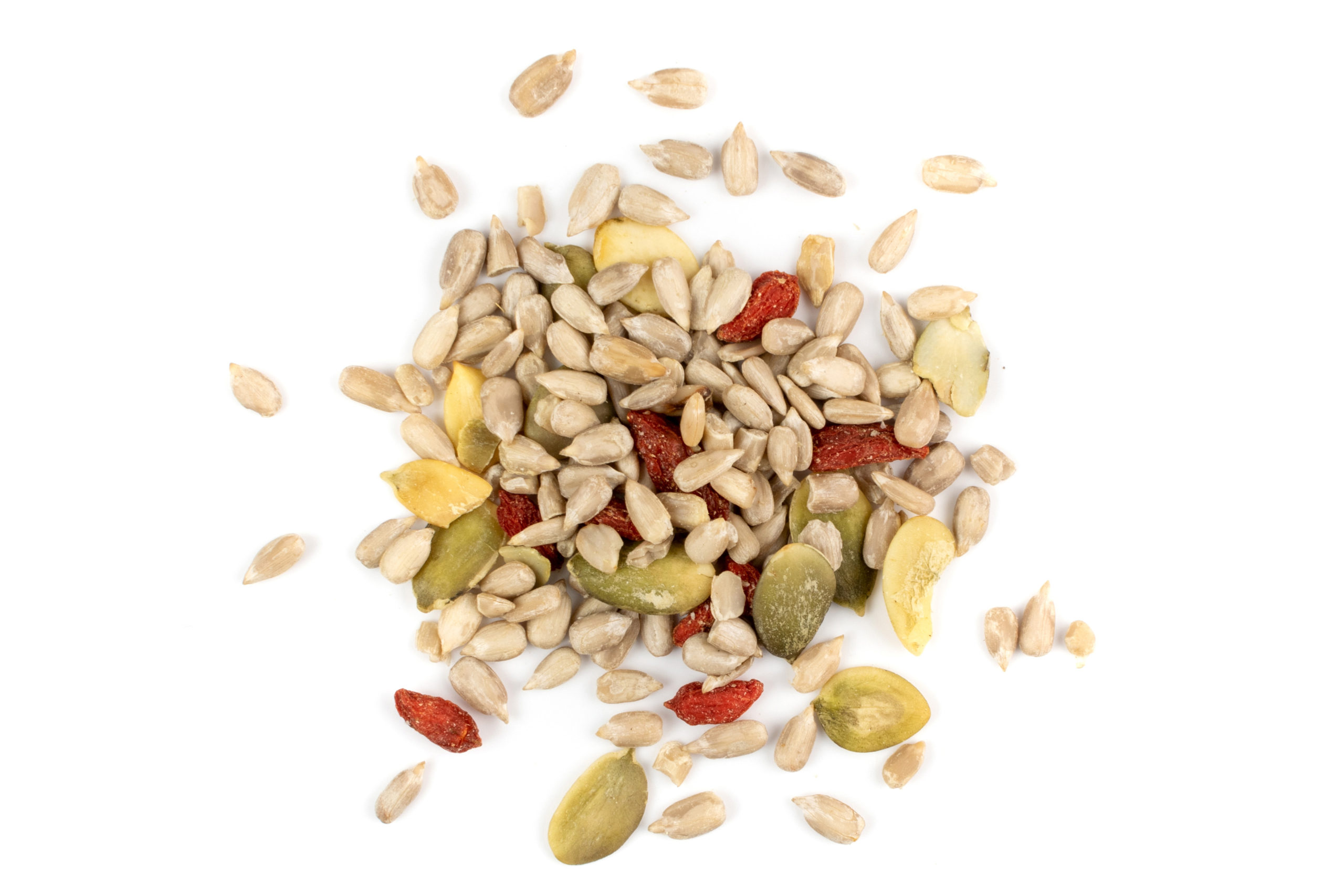
3. Seeds
Seeds are rich vegan sources of omega-3 fatty acids, iron, zinc and calcium, with the added benefit of fibre, protein and a host of other nutrients. Each seed provides a slightly different nutritional profile, so have a variety.
Just two tablespoons of chia seeds provides 179mg of calcium, compared to 305mg in a cup of milk. Three tablespoons of hulled hemp seeds provides about the same amount of iron as a 100g of steak!
Swap tip! Stock up on chia, hemp, flaxseed, sunflower, pumpkin and sesame seeds. Chia seeds make delicious breakfast bowls and tasty jams when combined with fresh berries and honey. Swap bought pesto for homemade pumpkin seed pesto, and wheat bread for dense seeded bread. Or make your own seed crackers.
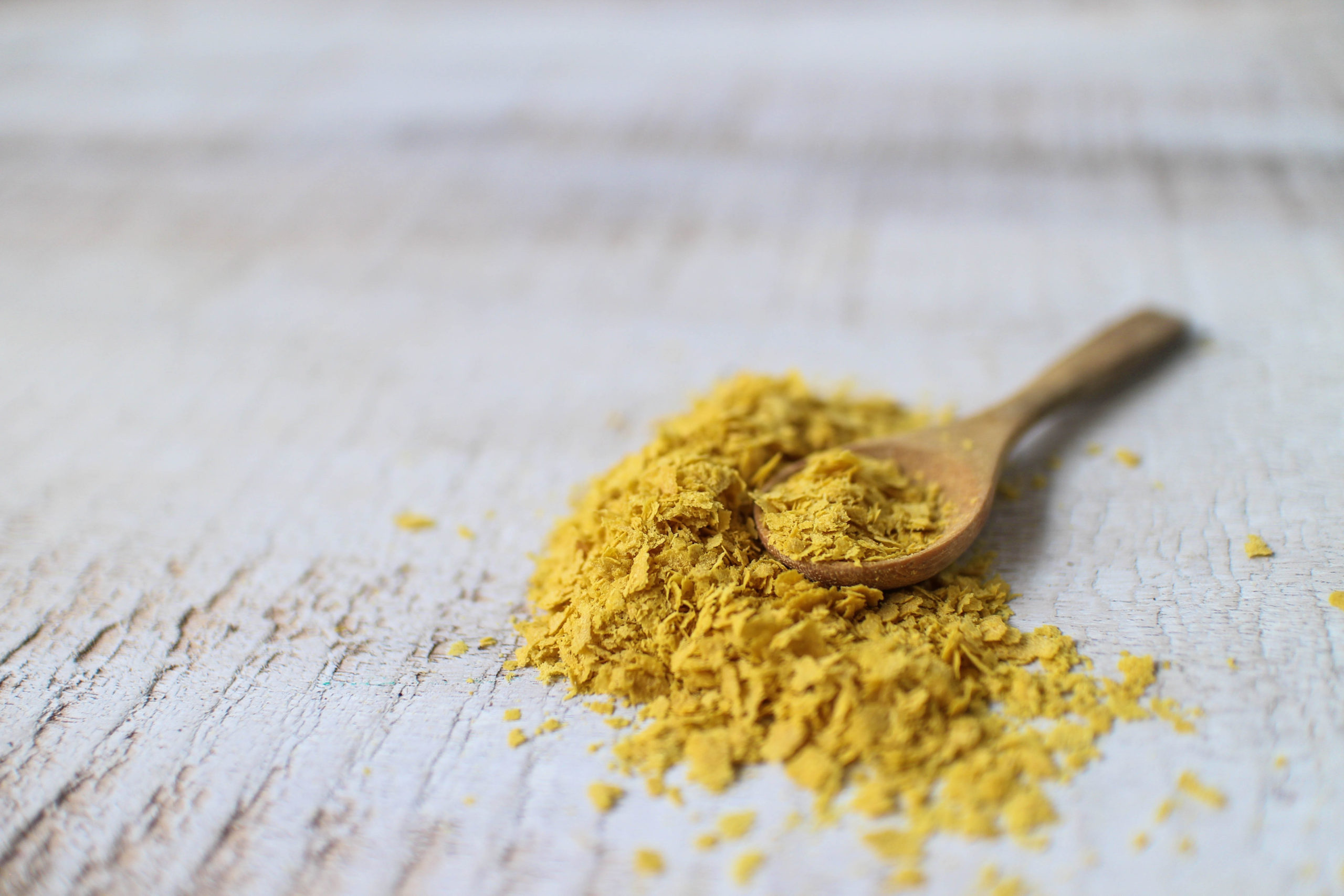
4. Nutritional yeast
Nutritional yeast is one of few vegan sources of vitamin B12, making it a staple for anyone migrating to plant-based proteins. Maintaining good levels of B12 supports brain function, contributes to energy production and lowers the risk of cardiovascular disease.
Nutritional yeast is also a ‘complete protein’, meaning it has all nine amino acids. Look for nutritional yeast with added vitamin D and iron.
Swap tip! Nutritional yeast has a nutty, cheesy flavour that makes it a perfect substitute for grated cheese. Sprinkle onto roasted veg, pasta dishes, soups, stews and kale crisps.
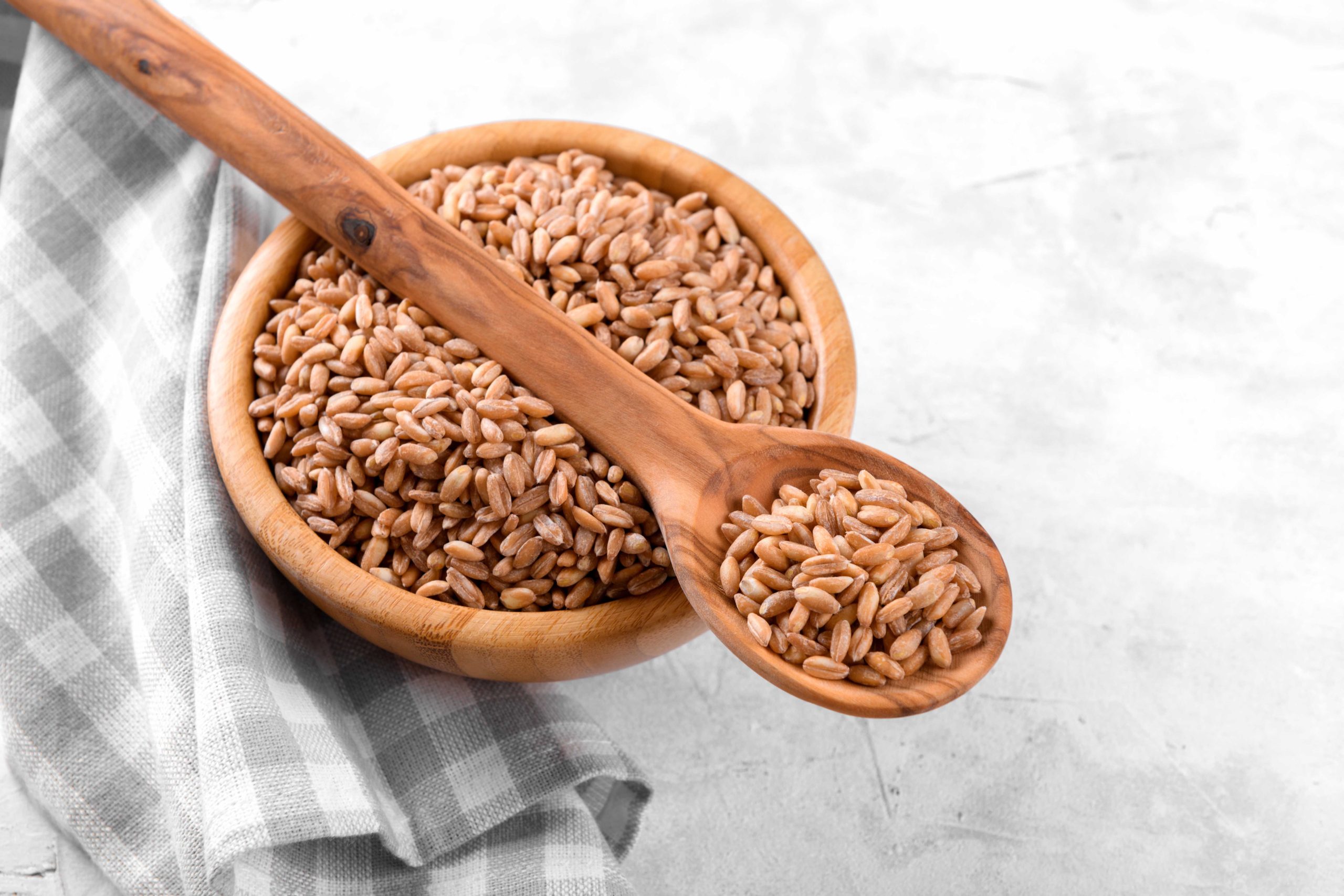
5. Wholegrains
Wholegrains can contain up to 75 per cent more nutrients than their refined forms. As well as being rich in fibre, wholegrains contain B vitamins, protein, minerals (including copper and magnesium) and antioxidants in the form of polyphenol compounds. Wholegrains are linked to a lower risk of heart disease, type 2 diabetes and cancer.
Swap tip! Look out for wheat, barley, rye, oats and brown, wild or gaba rice varieties. Combine wholegrains with pulses to ensure adequate intake of complete proteins in the same meal or as separate meals.
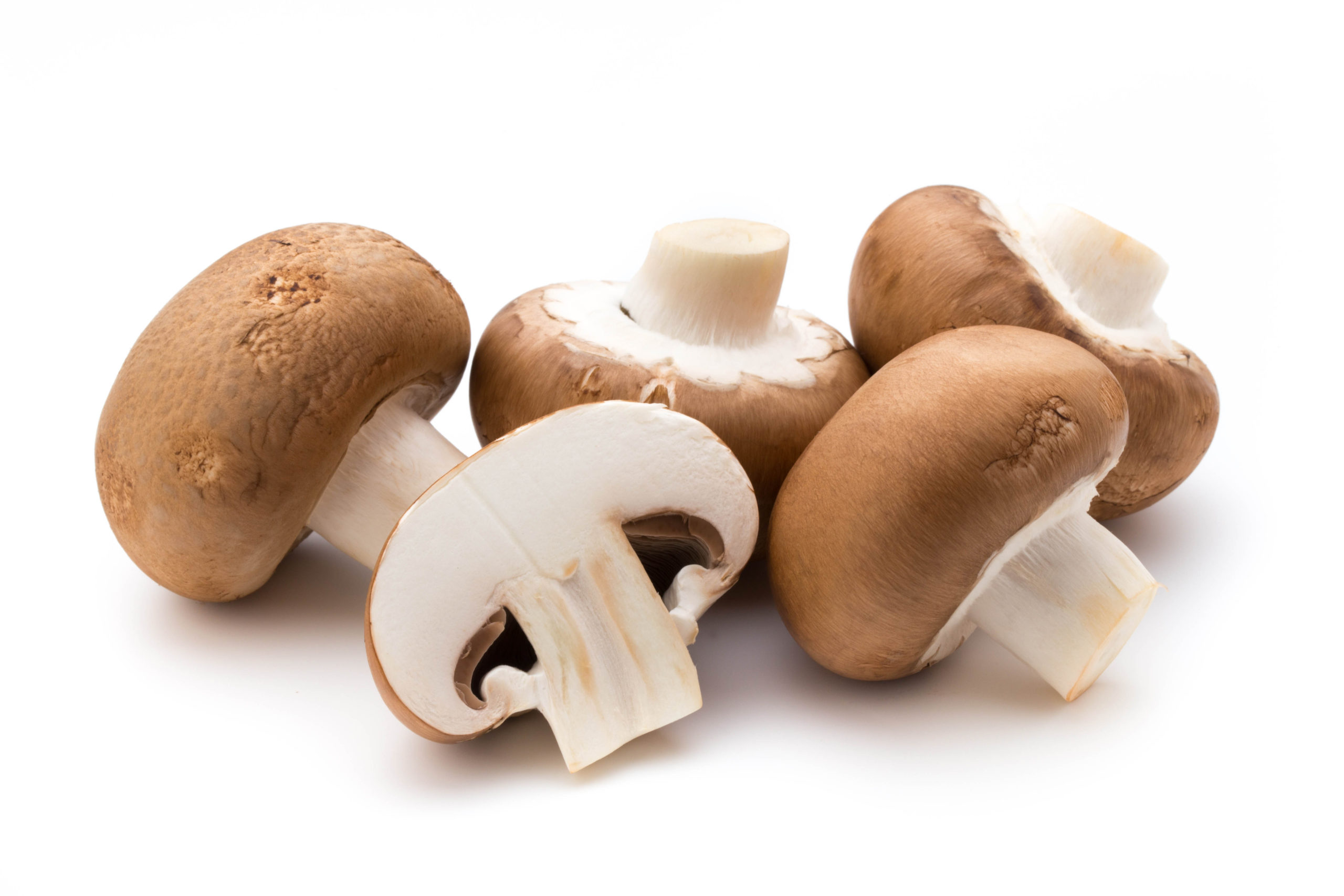
6. Mushrooms
Mushrooms are one of the best plant sources of vitamin D. Portobello, maitake, morel, button and shiitake mushrooms are all wonderful additions (and your gut microbes will appreciate the variety).
Mushrooms also contain beta-glucans and are high in antioxidants. Plus, they’re reported to have antiviral and antibacterial effects.
Swap tip! Sautéed mixed mushrooms on wholegrain toast makes for a wonderful start to the day – keep it interesting with different fresh herbs, nutritional yeast, infused balsamic vinegars, truffle oils or seaweed sprinkles. Powdered mushrooms can be added to smoothies, stews, soups and even coffee.
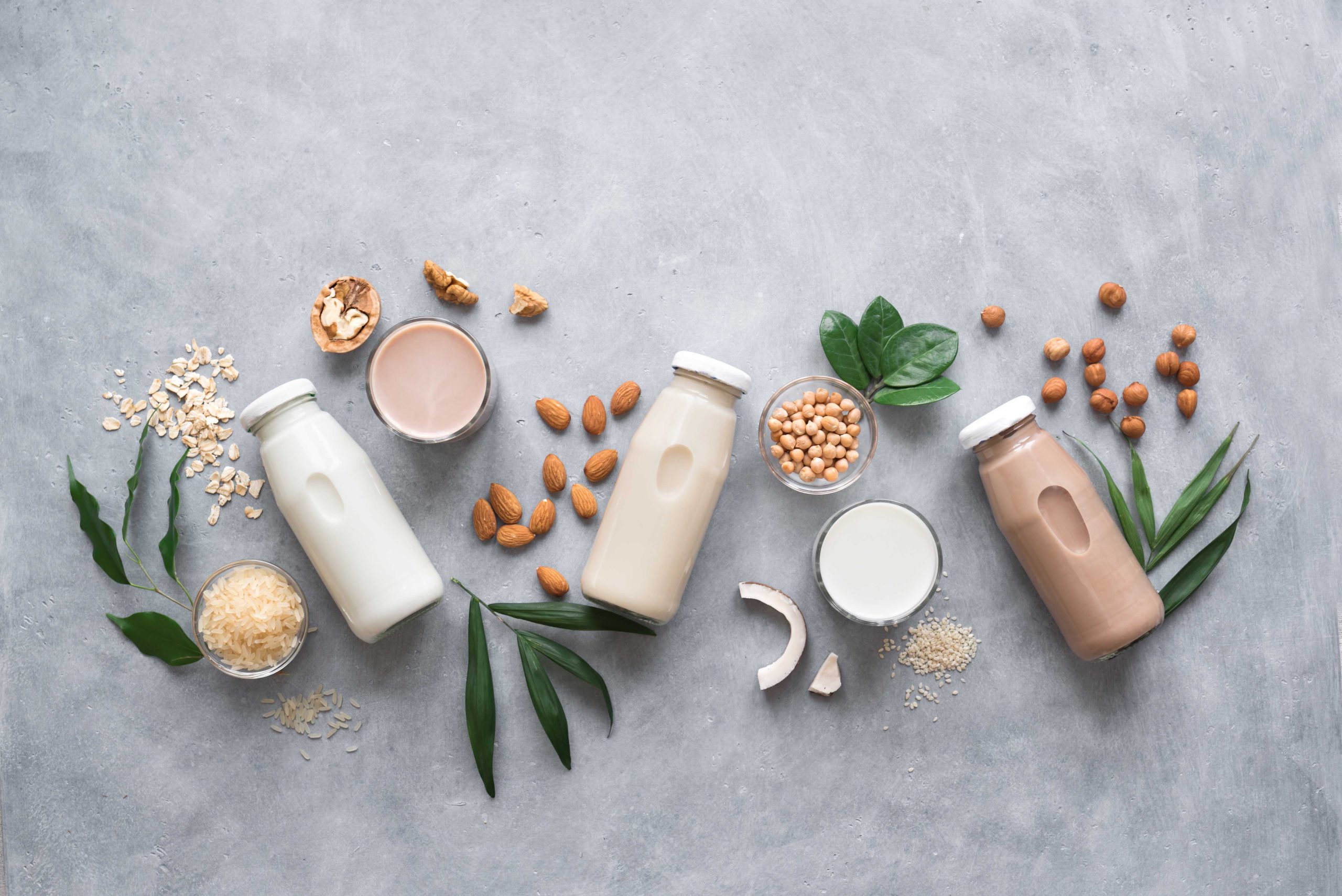
7. Milk alternatives
Substituting dairy sources is a hot topic for vegans and, because milk alternatives tend to be processed products, there are potential pitfalls. As with all processed products, pay attention to the ingredients list.
Nut milks often contain emulsifiers and stabilisers to give them their creamy texture, while flavourings and sweeteners enhance taste. They shouldn’t be relied on for their nutritional benefit (almond milks often contain approximately one per cent almonds) but can be fortified with vitamins.
We advise you save dairy alternatives for when necessary. Could a milky tea be replaced by a herbal tea? Might sautéed vegetables on toast be better than muesli with oat milk?
Swap tip! Try coconut yoghurt with bacterial cultures as a replacement for live yoghurt, and tofu can be a great cheese substitute in salads and soups. Nutritional yeast is the best replacement for grated cheese.
York and Lawler are co-founders of wellbeing platform meetaegle.com. They’re qualified nutritionists and full members of the British Association for Nutrition and Lifestyle Medicine (mBANT). They both completed three years of study in nutrition with clinical practice and are registered with the Complimentary and Natural Healthcare Council (CNHC).

